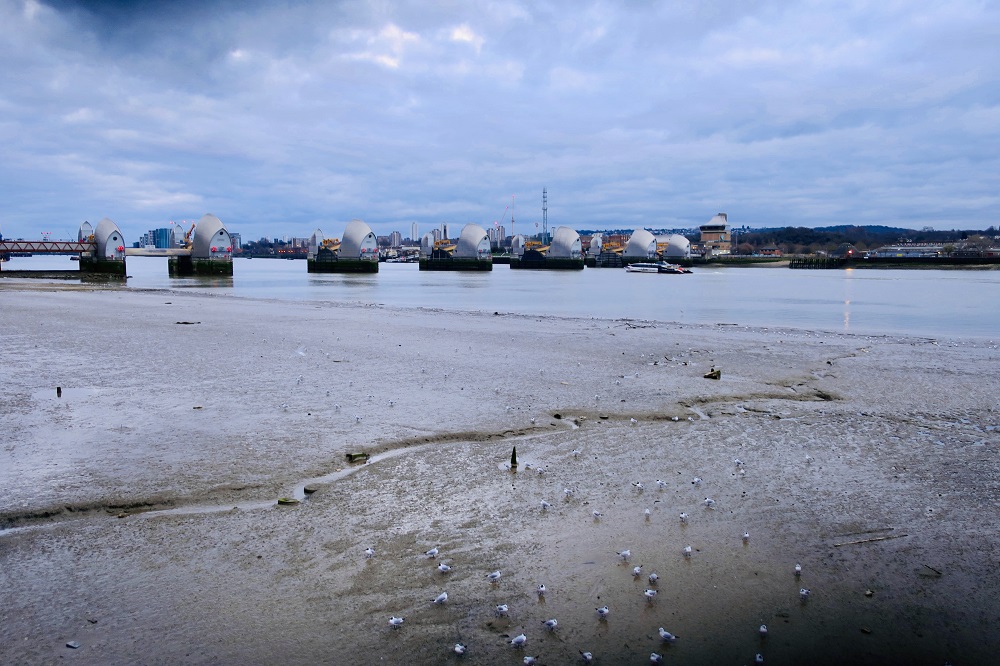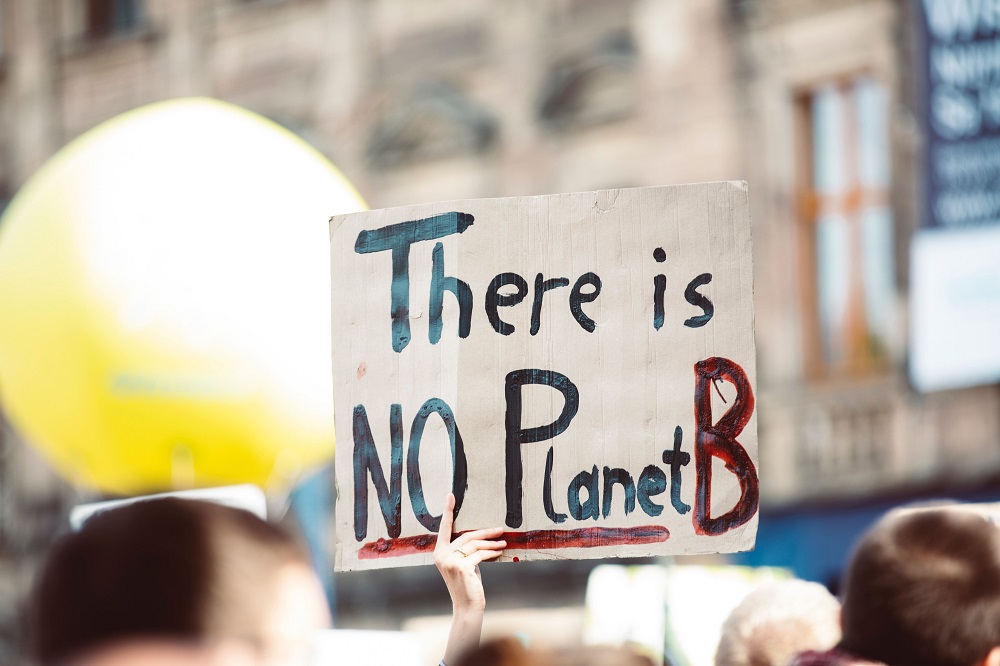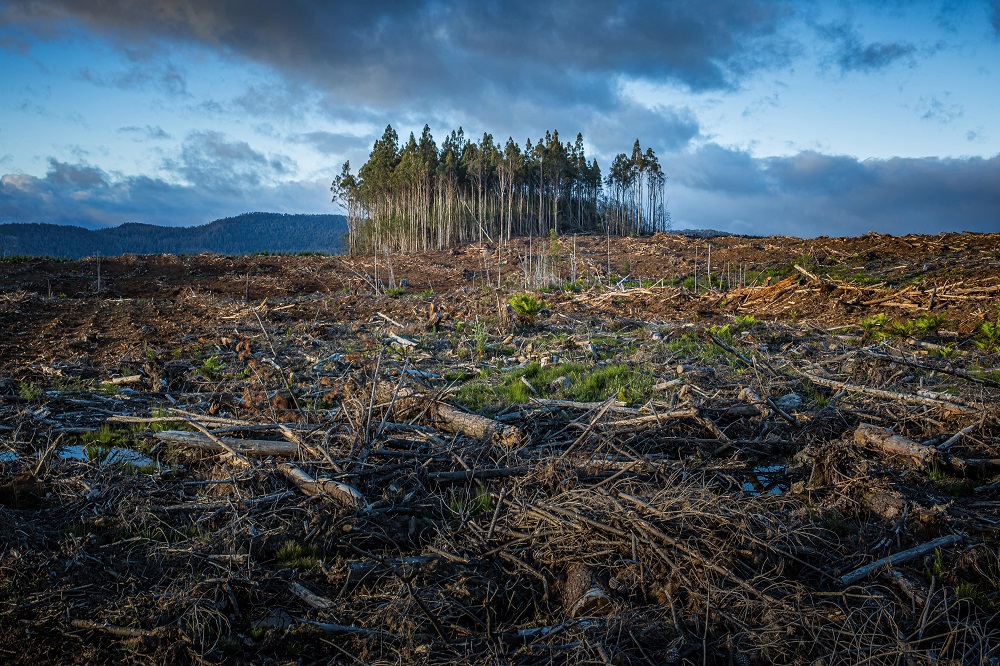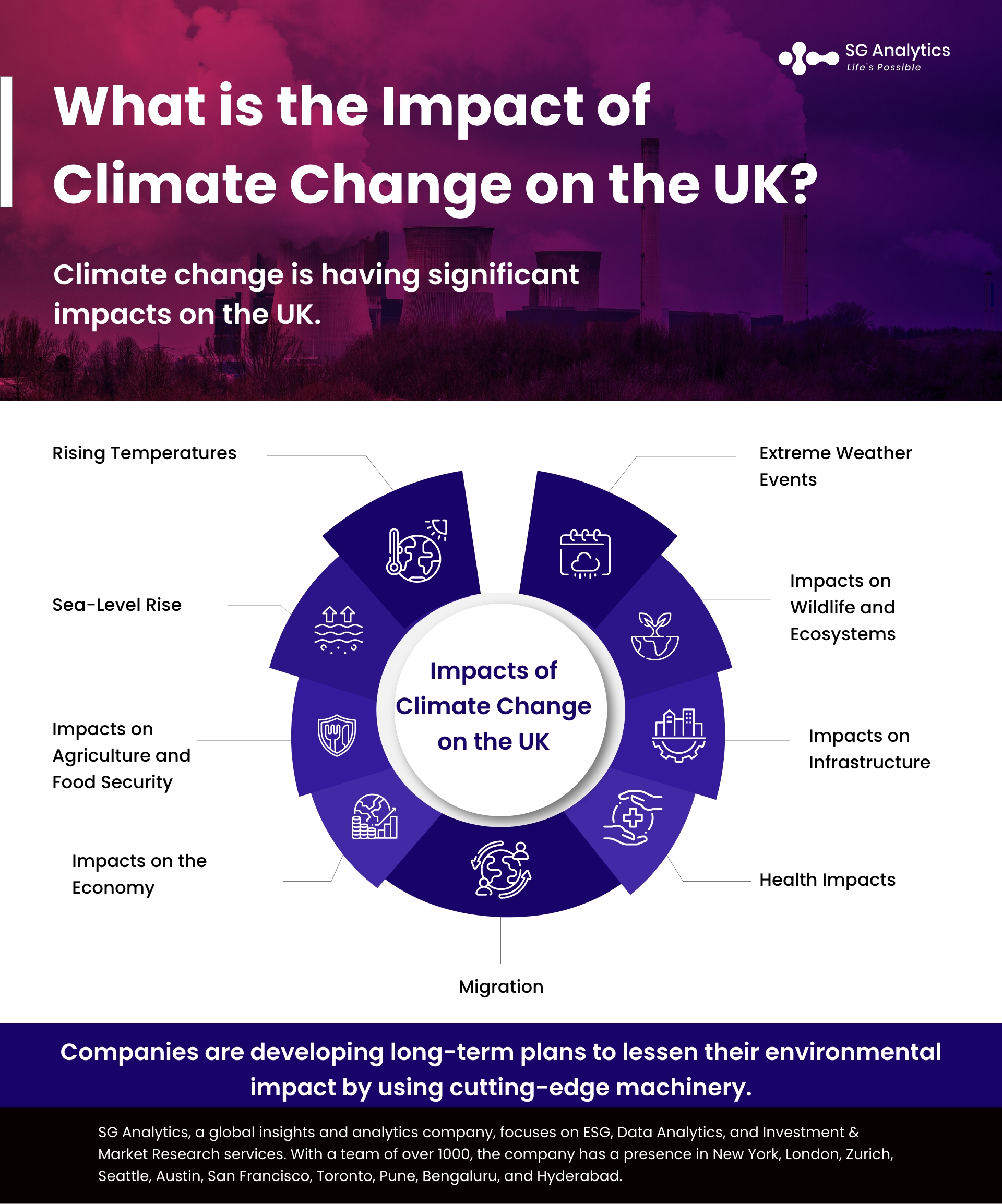One of the most urgent problems the world is facing right now is climate change. Its impacts are far-reaching and are being felt around the globe. The United Kingdom is no exception, with a range of environmental, social, and economic impacts of climate change already being felt across the country.
Climate change is having significant impacts on the UK, with rising temperatures, extreme weather events, and sea level rise is just a few of the effects of global warming. The impact of global warming is being felt across a range of sectors, with the economy being particularly vulnerable to the economic impacts of climate change.
Extreme weather events are harming infrastructure and property, and shifting temperature and precipitation patterns are having an impact on agriculture and the tourism industry. Furthermore, coastal populations and infrastructure are at risk from rising sea levels, which can cause flooding and erosion. The United Kingdom is vulnerable to a wide range of climate change impacts that necessitate swift action to curb greenhouse gas emissions and adjust to new norms.

Impacts of Climate Change on the UK
Rising Temperatures
Over the past century, the average temperature in the UK has risen by around 1°C, and this trend is expected to continue. The impacts of rising temperatures are felt across a range of sectors. For example, hotter summers can lead to increased demand for energy as people turn on air conditioning units and fans. Heatwaves are more likely when temperatures are higher, and they pose a serious threat to the elderly and anyone with preexisting medical concerns.
Extreme Weather Events
The frequency of extreme weather events like floods, hurricanes, and droughts is on the rise due to global warming. The effects on society and infrastructure from such occurrences can be catastrophic. For example, in 2019, the UK experienced a record-breaking heatwave, with temperatures reaching over 38°C. This led to increased demand for electricity and water, as well as an increased risk of wildfires. In the same year, parts of the country experienced severe flooding, causing damage to homes, businesses, and infrastructure.
Sea-Level Rise
As the planet warms, sea levels are rising due to the melting of glaciers and ice sheets. This is a particular concern for the UK, which is a low-lying country with a large coastline. Rising sea levels can lead to increased coastal erosion and flooding, which can cause damage to homes and infrastructure, as well as pose a risk to human life.

Impacts on Wildlife and Ecosystems
Climate change is also having a significant impact on wildlife and ecosystems in the UK. As temperatures rise, some species are moving northwards, while others are struggling to adapt to changing conditions. This can have knock-on effects on entire ecosystems, leading to a loss of biodiversity and ecosystem services. For example, changes in temperature and rainfall patterns can affect the timing of bird migration, which can have negative impacts on both bird populations and the ecosystems they inhabit.
Impacts on Agriculture and Food Security
Finally, climate change is also having an impact on agriculture and food security in the UK. Climate change has the potential to reduce food yields and increase the prevalence of pests and diseases. This can have knock-on effects on food prices and availability, as well as affecting rural communities that rely on agriculture for their livelihoods.
Impacts on Infrastructure
Climate change is also having an impact on the UK's infrastructure, including transportation networks, energy systems, and buildings. Weather events of extreme strength can cause damage to infrastructure, such as roads, bridges, and railroads, which can result in delays and disruptions. Higher temperatures can also lead to increased demand for energy, putting strain on the electricity grid and leading to power outages.

Impacts on the Economy
Climate change is expected to have significant economic impacts on the UK, including impacts on industries such as agriculture, tourism, and insurance. Changes in weather conditions and patterns of precipitation can have an impact on cereal yields and water availability, thereby affecting the agricultural sector. Extreme weather events such as floods and storms can also cause damage to infrastructure and property, leading to significant costs for insurance companies.
Migration
Climate change is expected to lead to increased migration, both within the UK and from other countries. For example, coastal erosion and flooding may lead to the relocation of entire communities, while changes in temperature and rainfall patterns can affect patterns of migration in wildlife species. In addition, climate change is expected to exacerbate existing social and economic inequalities, leading to increased migration from countries that are particularly vulnerable to its impacts.
Health Impacts
Human health in the UK is also expected to be negatively impacted by climate change. Hotter weather often results in more air pollution, which in turn can aggravate existing respiratory and other health concerns. Waterborne illness transmission is just one of the many ways that extreme weather events like floods and storms can threaten public health. Changes to the climate could also have an impact in the transmission of a number of diseases.

Conclusion
The impacts of climate change on the UK are wide-ranging and far-reaching. Rising temperatures, extreme weather events, sea-level rise, impacts on wildlife and ecosystems, and impacts on agriculture and food security are just some of the challenges that the country will face in the coming decades.
It is essential that we take action now to mitigate these impacts and work towards a more sustainable future. This will require coordinated global action to reduce greenhouse gas emissions, as well as investment in adaptation measures to help communities and ecosystems adapt to changing conditions.
The United Kingdom will continue to see increasing sea levels even if greenhouse gas emissions are drastically cut. Cities in low-lying areas and along the coasts of the United Kingdom are especially vulnerable to floods.
Climate change will also have an impact on farming in the United Kingdom. Some crops may thrive under warmer temperatures and higher CO2 levels, and we may even be able to cultivate entirely new crops. Water may not be as accessible to farmers this planting season due to the increased likelihood of drought. Higher temperatures could potentially be harmful to some of the crops we currently grow.
Storms, floods, and even high temperatures can have serious consequences for human health, as well as for property and infrastructure. It will be necessary to modify buildings and public utilities to work in the altered environment. As the weather changes, businesses and people all around the world will need to adapt measures and strategies for a sustainable future.

Building a Greener and Sustainable Future
Before 2023, accountability was seen as pleasant, but that's starting to change. The epidemic refocused attention on sustainability and clean energy. Sustainability, previously an overarching issue, is now a key focus for every company. This presents a unique chance for businesses to evaluate their current state and consider how they could reduce their carbon footprint in the near and far future.
There is an increasing effort by companies of all kinds to combat the effects of climate change. They no longer include it in the brand's mission statement, but it has become a unifying notion that drives them to carry out essential tasks.
Companies are developing brand-new, long-term plans. They are working to lessen their environmental impact by using cutting-edge machinery. This allows them to protect their worker's interests while maintaining open communication. By 2023, brands that must put sustainability first will have already lost the race.
With a presence in New York, San Francisco, Austin, Seattle, Toronto, London, Zurich, Pune, Bengaluru, and Hyderabad, SG Analytics, a pioneer in Research and Analytics, offers tailor-made services to enterprises worldwide.
SG Analytics is an industry leader in ESG services, providing custom sustainability advice and research to aid deliberation. Contact us today if you are looking for an effective ESG integration and management solution provider to improve your company's long-term viability.









